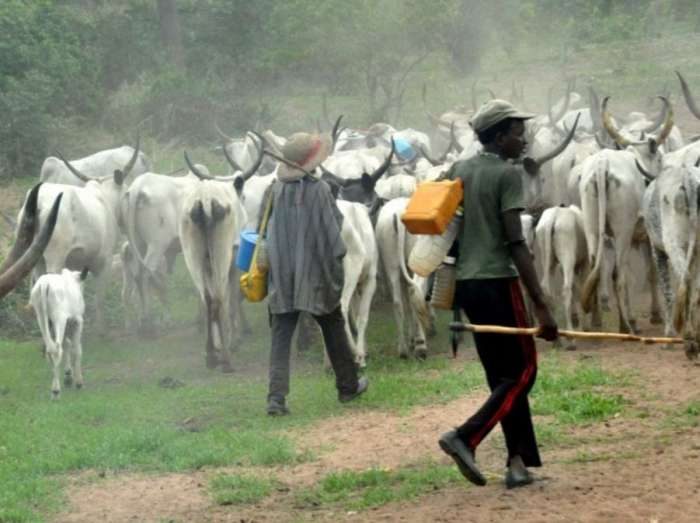The Miyetti Allah Cattle Breeders Association of Nigeria (MACBAN) has called for adequate budgetary allocation to boost the livestock sector and enable the successful implementation of the ranching system in the country.
The National President of the Association, Baba Ngelzarma, made the appeal in Abuja, saying that without adequate funding, it would be difficult to practice ranching in the country, adding that between 70 percent and 80 percent are smallholder farmers that could not afford ranching because it is capital intensive.
The livestock sub-sector accounts for more than 40 percent of the global agricultural GDP and provides 33 percent of protein and 17 percent of carbohydrate intake across the world.
NALDA Partners Firm to Establish Modern Cattle Ranch and Feed Mill
Ngelzarma noted that the ranching concept that was introduced under the Livestock Transformation Plan is alien to pastoralists in the country because it is borrowed from foreigners, stating that there is a need for a model that can suit the peculiarities of the pastoralists in Nigeria.
“This is because we have a pastoralists’ society that is not educated. We need a simpler model that can suit their peculiarities. These pastoralists are doing cattle business as a business and as a way of life, and most of them are smallholder farmers who have not more than 20 or 30 cows in their herds; this is their only source of livelihood,” he said.
FG Partners Real People Concept on Livestock Breed Improvement in Osun
The MACBAN president recommended the transformation of grazing reserves to community ranching as a model that suits the peculiarities of the pastoralists, where the entire ranching should be fenced in order to prevent the pastoralists from straying out of the vicinity while in their traditional settings.
He explained that such a model would involve the development of grazing reserves, the provision of accommodation, and the training of the pastoralists to propagate pasture within and create a sense of ownership in them.



